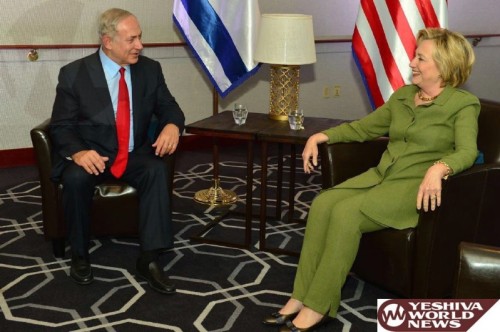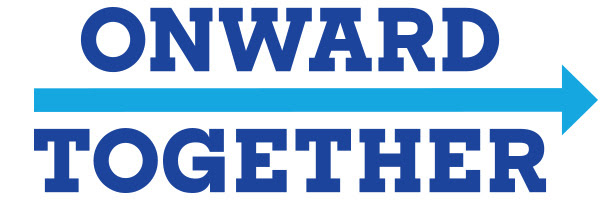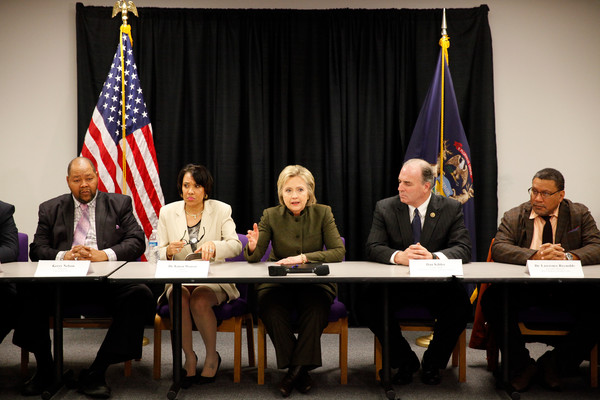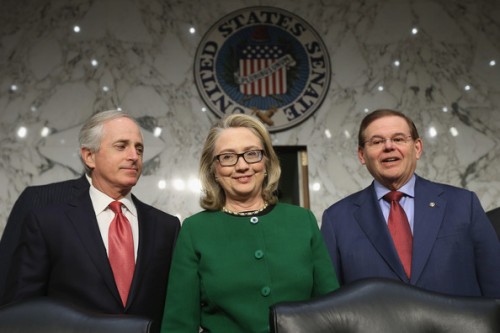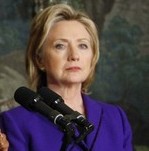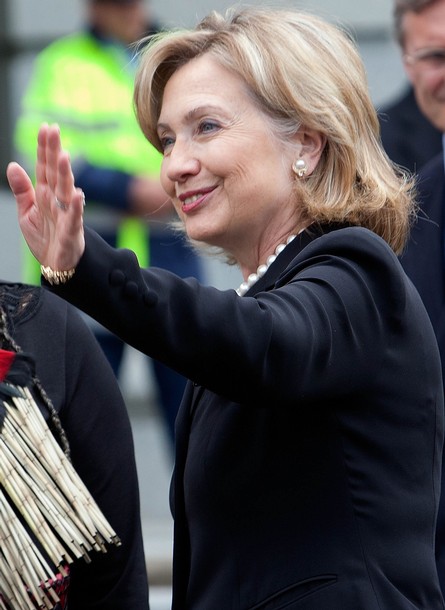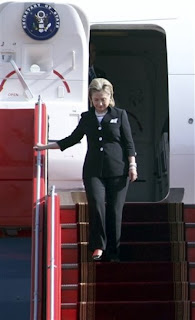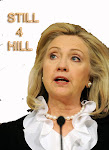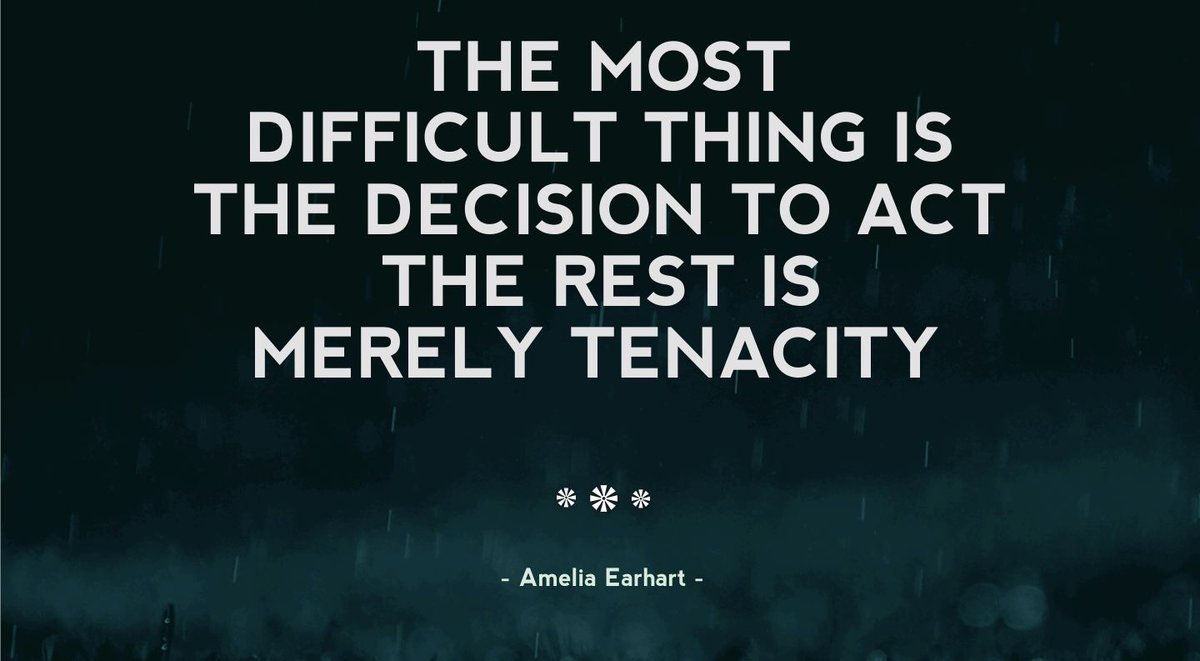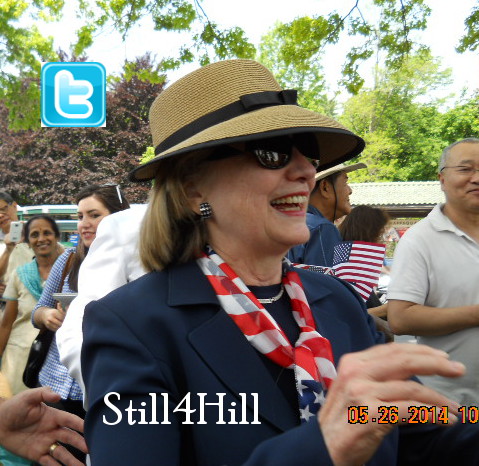SECRETARY CLINTON: Good morning. Let me start by thanking everyone for the contributions that you have already made to this partnership, and for your support of democracy in the Middle East and North Africa. In Deauville, during the G-8 meeting, the countries represented there threw their support behind the Arab people during the first phases of the transitions, knowing full well how much work lay ahead.
This is a partnership conceived in optimism, but built to take on the hard realities of long and difficult transitions. The recent riots and protests throughout the region have brought the challenge of transition into sharp relief. Extremists are clearly determined to hijack these wars and revolutions to further their agendas and ideology, so our partnership must empower those who would see their nations emerge as true democracies.
Today, we want to send a clear message to all those in the region who are working each day in governments, in civil society, in the private sector, to build responsive institutions, to strengthen faltering economies, to deliver freedom for all people, to respect human rights: we stand with you and we will stand with you as long as it takes.
Because our partnership is taking practical steps to help more people in the region feel the benefits of democracy in their daily lives. In Tunisia, Egypt, and Libya, people rose up against their dictators because they were fed up with governments that served the interests of a few at the expense of everyone else. But economic and social challenges did not disappear with the dictators. Too many people still can’t find jobs, and young and growing populations crave a sense of opportunity and self-determination.
On the economic front, we are zeroing in on small and medium-sized enterprises because they are the growth engines in any economy. They create the bulk of new jobs and they spread wealth more broadly through more communities. And when people have the opportunity to unleash their talents and create something of their own, they are more invested in their communities, their countries, and their new democracies.
So the OECD is helping emerging democracies find ways they can loosen regulations and make it easier to start or expand a small business. Several partners are setting up funds to help small businesses gain access to loans and financing. People of the region need to see that their governments can be fair and just. So we are stepping up our efforts to return billions of dollars that were stolen or siphoned away over decades of cronyism and corruption.
The United States has been proud to champion the Arab Forum on Asset Recovery during our presidency of the G-8. The forum met earlier this month in Doha to discuss specific steps we can take to recover ill-gotten gains. Our State Department and Justice Department are working together to appoint attorneys who will work exclusively with transition countries. They will be a direct link to our recovery asset experts in Washington and will work with our law enforcement agencies to train their counterparts in the region.
We are also working to help transitioning countries develop both the accountable, transparent institutions and the culture of democracy that underlies the hope for change. We have established a transition fund to support countries as they build court systems, ministries, and other public institutions that are responsive to the needs of all their people, putting them in the best positions to lead their own reforms and see their own transition to democracy through.
Many of our partners are also making the difficult transition from protest to politics, and they need our support as they take on the different responsibilities of leadership. Many of the leaders in the emerging transitioning democracy were themselves prisoners not so long ago, or exiles, activists, dissidents. So as we look at how we can help them make their own personal transition from protest to politics, we are setting up programs to assist in doing that.
Last week, legislators and leaders from each of the transitioning Deauville countries came to the United States to take the same training that new members of our Congress go through, then they met with members of Congress to get real life insights into what it means to stand up for your beliefs and at the same time serve your constituents in a large and diverse democracy.
I happened to know from personal experience how challenging legislating can be, how much work and compromise it takes, how thick your skin has to be, because after all, democracy invites the widest range of opinions and interests in a society to participate. Laws that abridge or punish the exercise of universal human rights, including the right to free expression, free assembly, and free association, have no place in democracies.
In the United States, as President Obama said in his address to the General Assembly, we don’t ban offensive speech, whether it’s an insult to a person’s deeply held religious beliefs or a denial of the Holocaust, because we know that such laws can too easily be used as tools of oppression.
Our democracy has grown steadily stronger over more than 235 years, guided by a Constitution that enshrines our belief that the best answer to hateful speech is more speech. None of us can insulate ourselves from insult.
In the time since I began speaking just minutes ago, more than 300 hours of video has been uploaded to YouTube. Some of it, no doubt, is vile. Some of it, no doubt, is offensive to my religion or yours. But we must not give these views power they do not deserve. No words, no matter how inflammatory or disgusting, are stronger than the faith we have, and we should protect our cherished beliefs by standing up for them in the marketplace and arena of free speech and ideas. And of course, no words should ever be met with violence.
Building these habits of democracy is difficult work. But it is also essential if people are to realize the full measure of human dignity. And dignity may resonate in multiple ways across different peoples and cultures, but it speaks to something universal in all of us. Everything we do together in this partnership to promote economic stability and equal opportunity advances freedom and dignity. We are standing up for democracies that are unlocking people’s potential and standing against extremists who exploit people’s frustrations. We are trying to help societies leave behind old enmities and look ahead to new opportunities. We are supporting civic groups who seek to strengthen their societies. We are backing reformers who build accountable institutions, and combat corruption that stifles innovation, initiative, hope, and dignity.
So I’m looking forward to our discussion today, taking stock of what we have done to date, what more needs to be done, what has worked and what, frankly, has not worked, as we work together to push an agenda of democracy and dignity forward. So as we see our press representatives leave the room, we’ll have to chance to then go directly into our discussion. But again, thank you all for being here.



